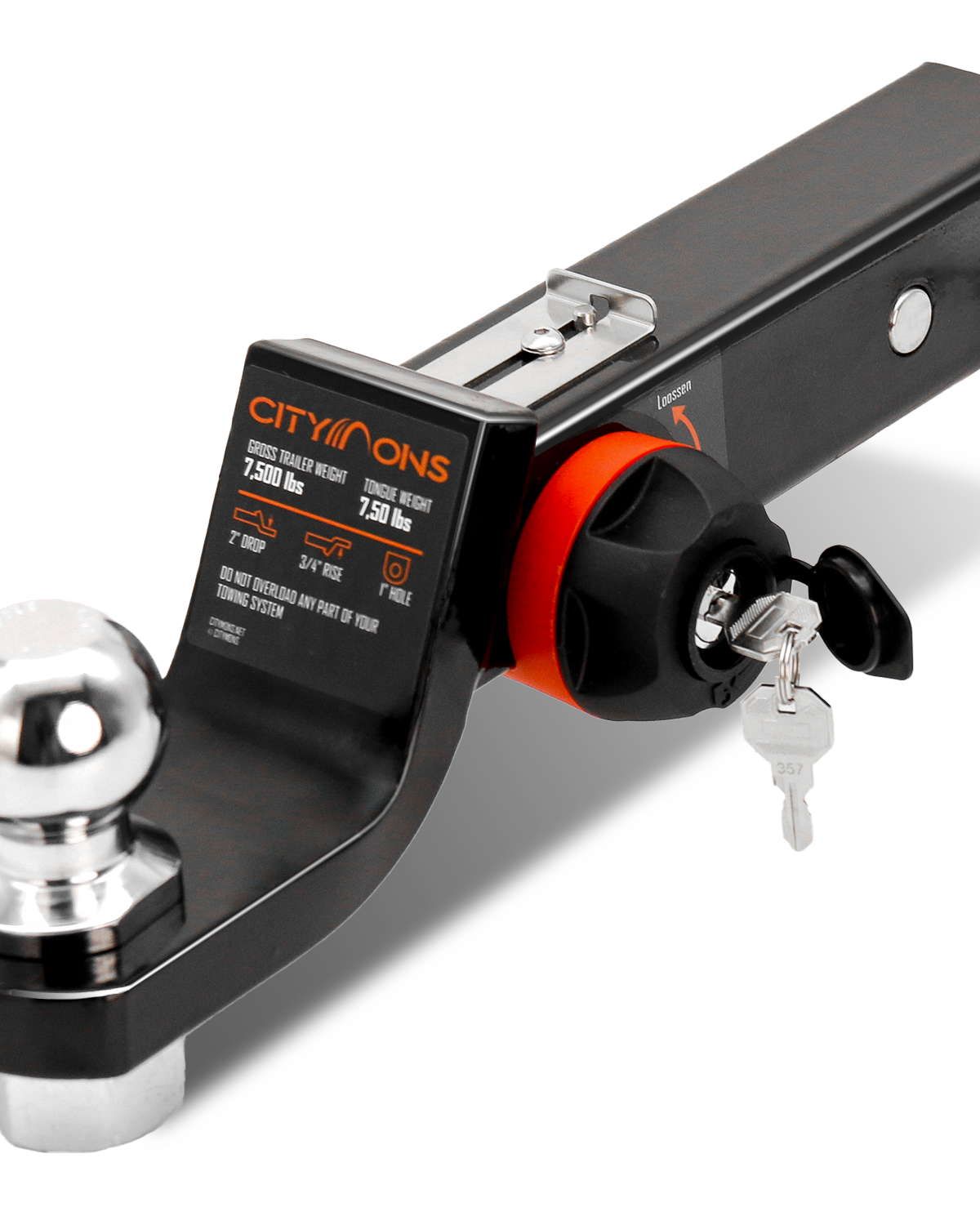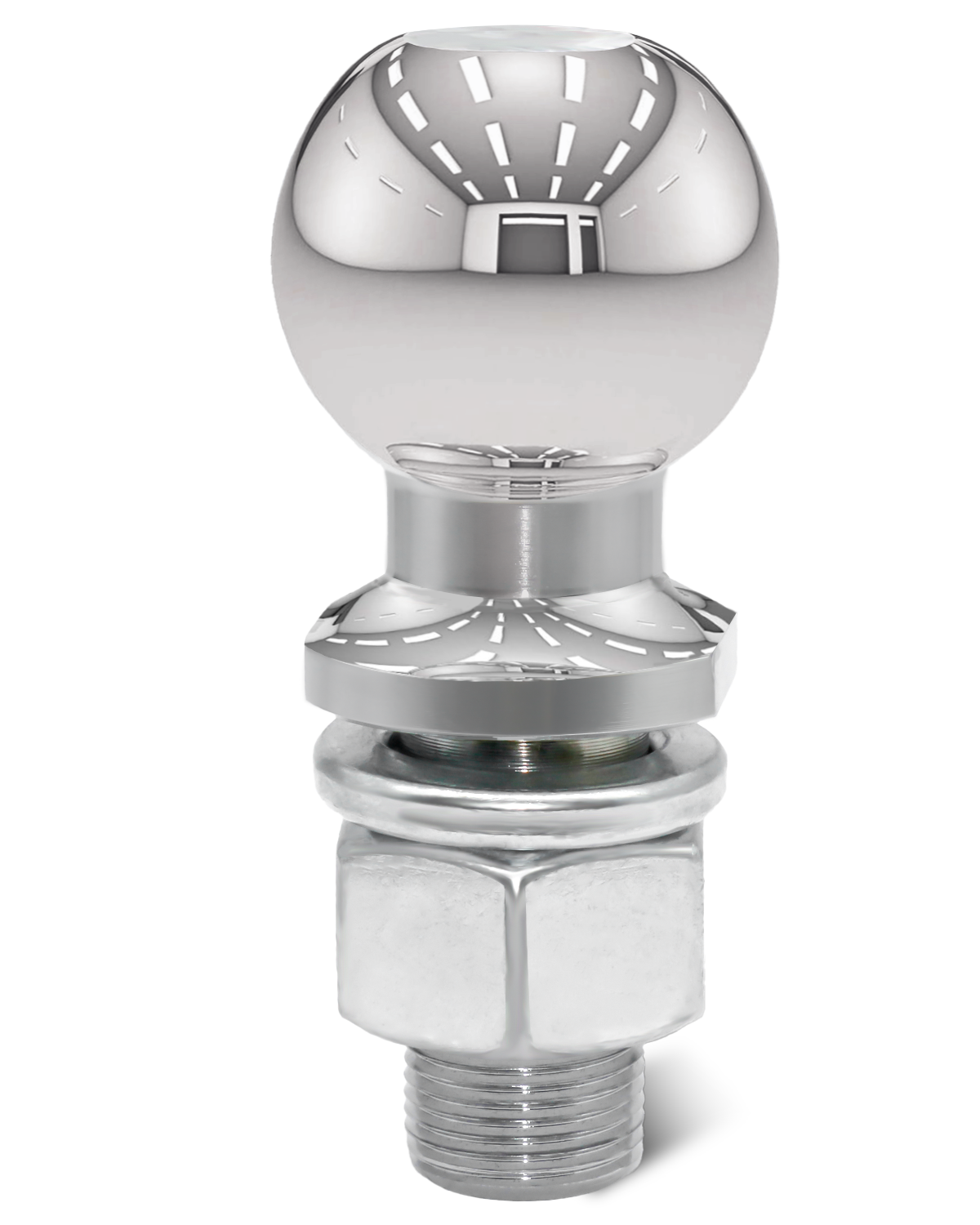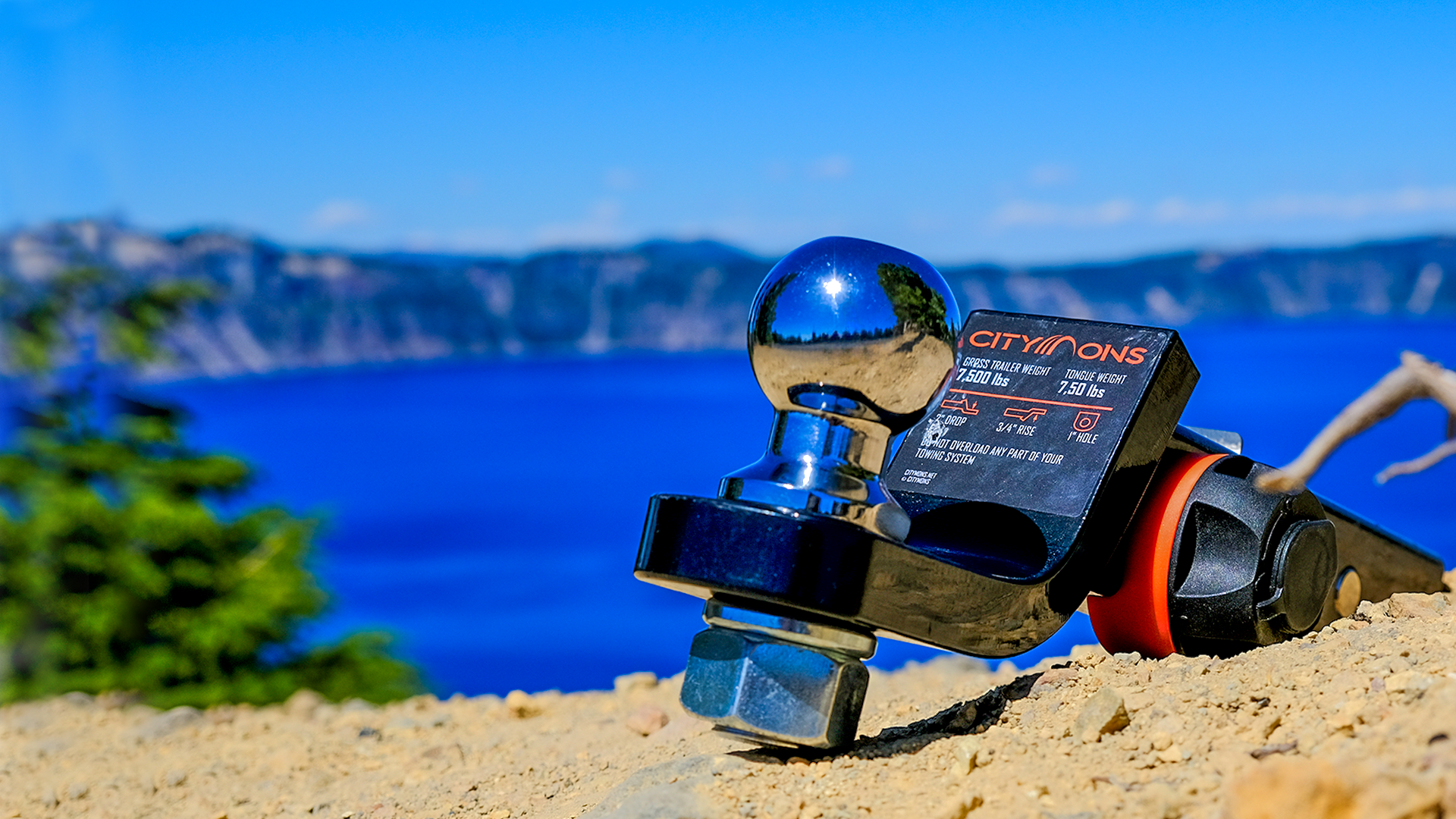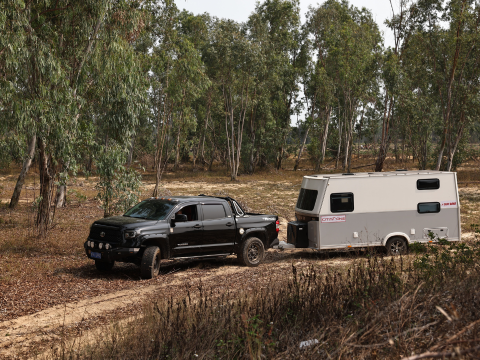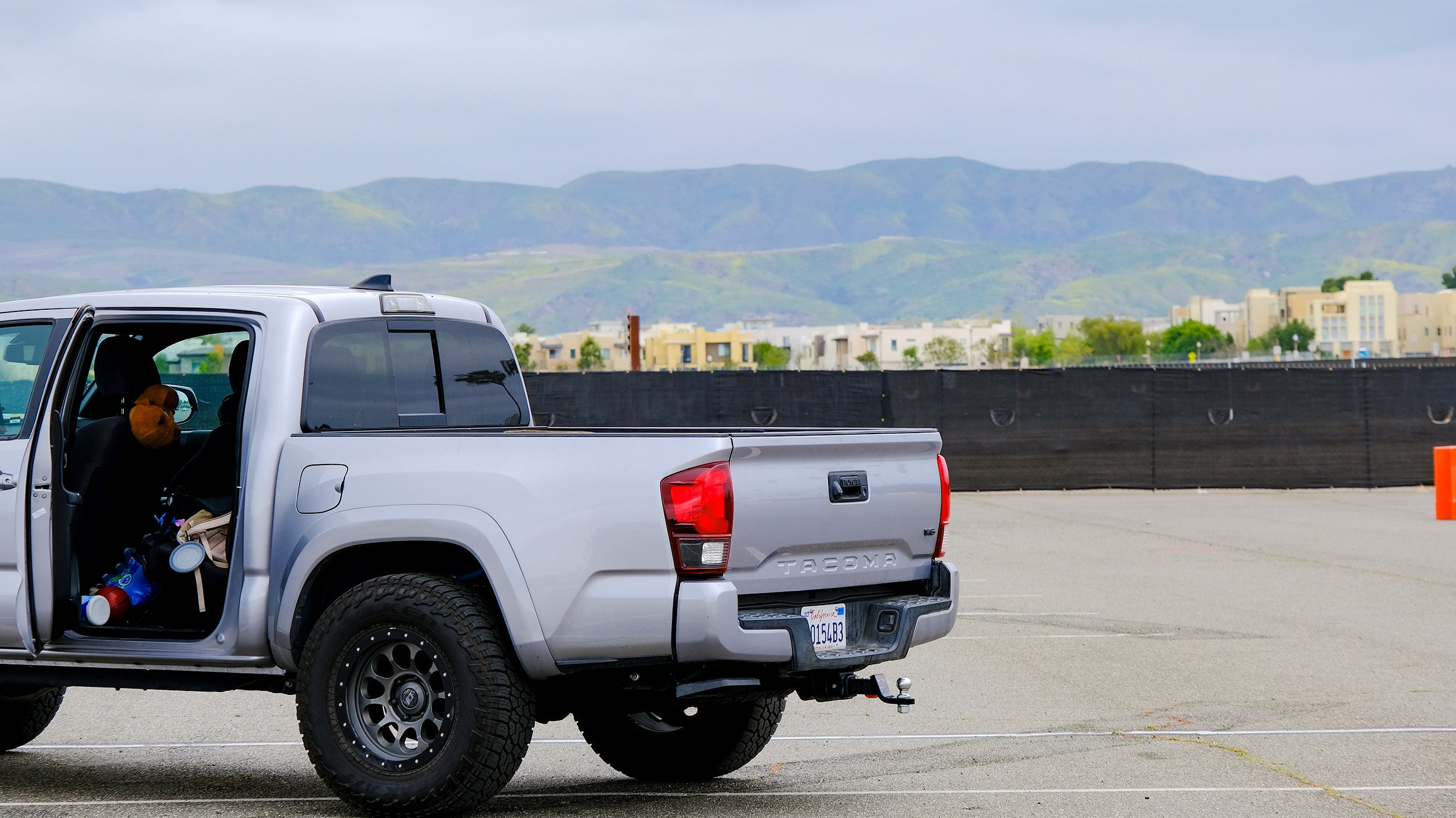Off-road adventures offer a thrilling escape into the wild, but they also demand specialized equipment to handle the rugged terrain. One crucial component that often goes overlooked is the trailer arm. The right trailer arm can make all the difference in ensuring a safe and smooth journey, even on the roughest trails. Here’s what you need to know to choose the best trailer arm for your off-road escapades.
1. Durability is Key
Off-road environments are notoriously tough on equipment. Rocks, mud, and uneven terrain can all take a toll on your trailer and its components. When selecting a trailer arm for off-road use, durability should be your top priority. Look for trailer arms made from high-strength materials like steel or heavy-duty aluminum. These materials offer the resilience needed to withstand the impact and stress of off-road conditions without bending or breaking.

2. Corrosion Resistance for All Weather Conditions
Off-road adventures often involve exposure to various elements, including water, mud, and humidity. A trailer arm that’s resistant to corrosion is essential to prevent rust and deterioration over time. Coated steel or corrosion-resistant aluminum are excellent choices, ensuring that your trailer arm remains reliable even after repeated exposure to harsh weather conditions.

3. Flexibility and Articulation
Off-road trails are rarely smooth, and your trailer arm needs to accommodate the constant shifts in terrain. Flexibility in the trailer arm design allows for better articulation, enabling the trailer to move more freely and adapt to uneven ground. This reduces the strain on the connection between the trailer and the towing vehicle, minimizing the risk of damage or detachment. Look for trailer arms designed with advanced suspension systems or pivot points that enhance their flexibility and movement.
4. Ease of Installation and Adjustment
Off-road conditions can change rapidly, and having a trailer arm that’s easy to install, adjust, or even remove can be a significant advantage. Some trailer arms are designed with quick-release mechanisms or adjustable components that allow you to tweak the setup on the go. This flexibility is particularly useful if you need to make adjustments due to changing terrain or if you encounter unexpected obstacles.

5. Compatibility with Off-Road Vehicles
Not all trailer arms are designed for off-road use, so it’s important to ensure that the one you choose is compatible with your vehicle and its intended use. Check the manufacturer’s specifications to ensure that the trailer arm is designed for off-road environments and can handle the specific challenges you expect to encounter. Additionally, consider the towing capacity of your vehicle and make sure the trailer arm complements its capabilities.
Conclusion
Choosing the right trailer arm for off-road adventures involves careful consideration of durability, flexibility, weight, and compatibility. By selecting a trailer arm that’s designed to handle the rigors of off-road conditions, you can ensure that your journey is safe, smooth, and enjoyable. Invest in quality and ensure that your next off-road trip is equipped with the best tools for the job.

